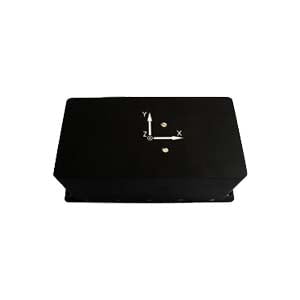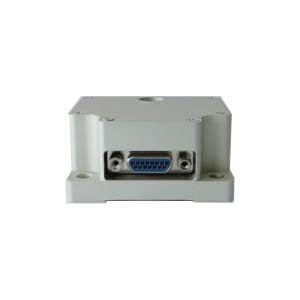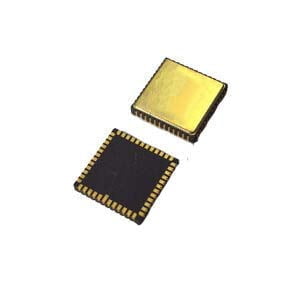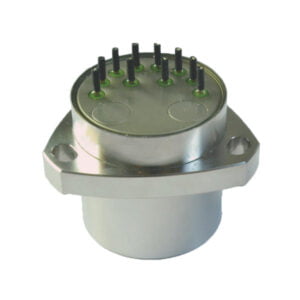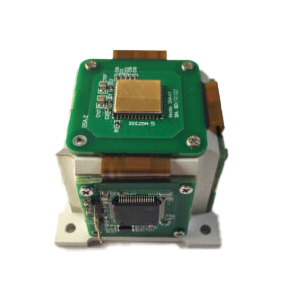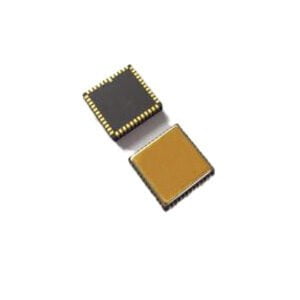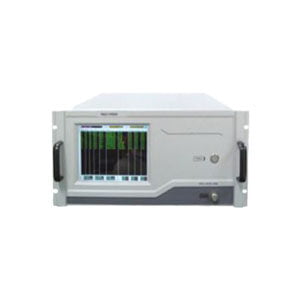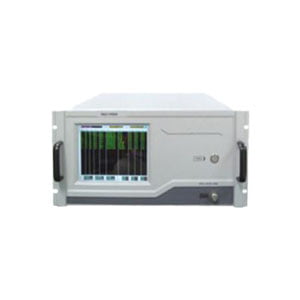Satellite Navigation Jamming Signal Simulator
Introduction
ER-S-4000, the Satellite Navigation Jamming Signal Simulator can generate six types of interference signals such as continuous wave interference, sweeping interference, frequency modulation interference, amplitude modulation interference, noise interference and pulse interference, and can also provide users with a test environment for the anti-interference performance of the navigation terminal device in the presence of interference.
Applications
Anti-jamming navigation terminal equipment research and development, production, testing, acceptance and inspection
Function modular design, the single module can be configured to output one of six kinds of suppressed interference signals such as continuous wave interference, sweeping interference, frequency modulation interference, amplitude modulation interference, noise interference and pulse interference
Various parameters such as interference type, interference signal frequency and interference signal strength can be set through the user control interface
Configurable up to 4 compressed interferences
Able to control the interference signal power and modulation
Signal output via cable or via antenna
Optional Configuration
External amplifier, output power reachable
Pressurized interference (except noise): -150dBm~30dBm
Noise interference: -150dBm~10dBm
Features
Avariety of controllable interference signal types
Real-time controllable power and modulation
Modular design to easily expand the number of intervals
Specifications
The output frequency
Frequency range: 1160MHz~1280MHz, 1510MHz~1630MHz, 2492MHz ±20MHz
Resolution: 1Hz
External frequency standard: 10MHz
Signal quality
Harmonic: <-30dBc
Clutter: <-45dBc
Signal level
Output power: -70dbm~30dBm
Power accuracy: ±0.5dB
Signal mode
Continuous wave: Frequency range: 1160MHz~1280MHz
1510MHz~1630MHz
2492MHz ±20MHz
Frequency accuracy: ≤ 50Hz
Scan signal: step in: 2~490Hz
Retention time: 1ms~60s
FM signal: maximum modulation frequency deviation: 20MHz
Sine signal rat: 0.1KHz~50KHz
Square wave signal, ramp signal, triangle signal rate: 0.1KHz~10KHz
Modulated signal: sine wave rate: maximum 50KHz
square wave signal, ramp signal, triangular wave signal rate: maximum 10KHz
Noise: bandwidth: 50KHz~20MHz
Pulse: switching ratio: 80dB, rising and falling: ≤120ns
Pulse width: 8us~30s, period: 16us~30s
Resolution: 4us
External Interface
RF output: N-type head
External clock input: BNC Female, 10MHz
Internal clock output: BNC Female, 10.23MHz
Second pulse output: BNC Female, 1PPS
Simultaneous trigger input / output: BNC Female
External control port: ethernet port
Power Features: AC 220V, 50Hz
Physical properties
Dimensions (wide x height x depth): 478mm×222mm×605mm
Weight: ≤25kg
Environmental requirements
Working humidity: 10%~75%(22℃)
Working temperature: 0℃ to +50 ℃
Storage temperature: – 30℃~ +70 ℃
Shock: ≤10g/s
Vibration: ≤0.2g/100Hz (max)
Reliability
Mean time between failures: ≥3000 hours
MTTR: ≤2hours
Computer workstation recommendation configuration
Operating system: windows XP/Windows 7 32bit
Processor: intel @2GHz or higher
External interface: RS232 and gigabit ethernet ports
Application Techniques
1.What is the Device Interface Definition of MEMS North Seeker
2.What Performance is the FOG sensor in FOG North Finder
3.Where are MEMS Gyroscopes Used?
4.Research Background and Current Status of MEMS IMU
5.How do parameters affect the performance of the quartz accelerometer?
6.Background and Development Status of MEMS Inertial Sensors
More Products
